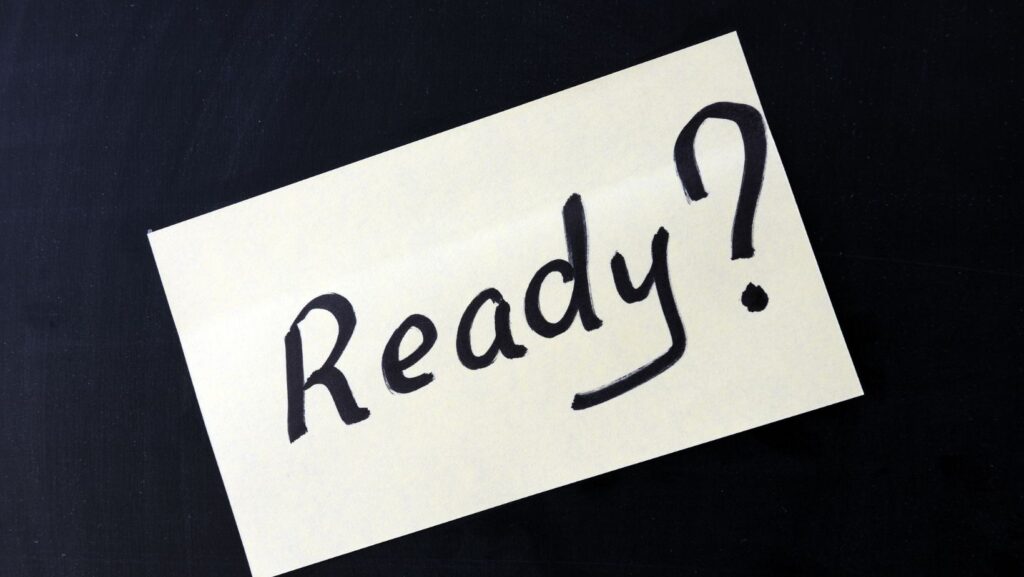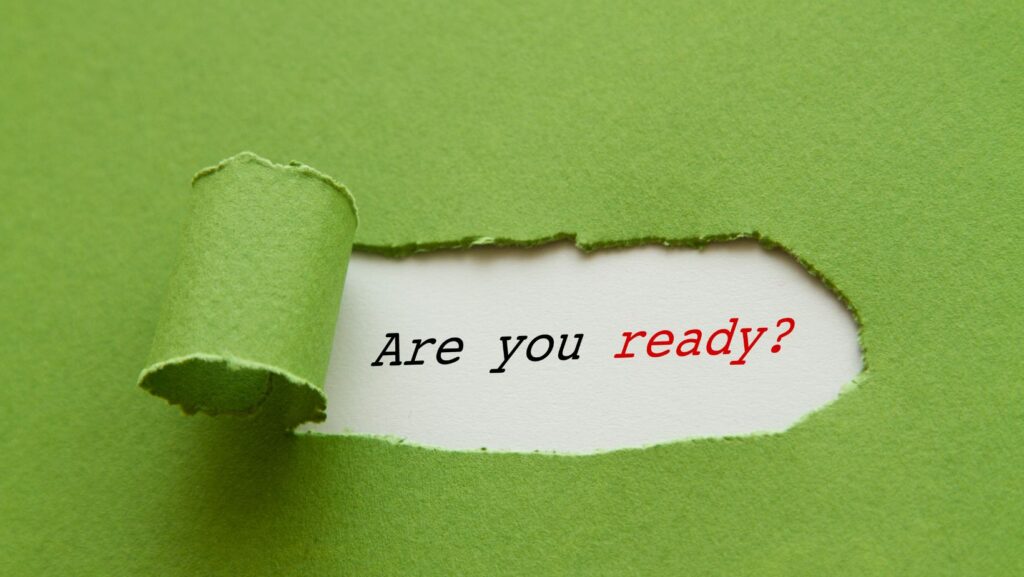When you’re out in the wilderness hiking a remote trail, planting trees, or joining a conservation cleanup nature offers peace, beauty, and challenge all at once. But as much as we cherish it, the wild has its own pace, one that doesn’t always allow time for hesitation. That’s why being prepared, through something as accessible as First Aid Training in Edmonton, can make all the difference. In a world where help may be hours away, readiness isn’t just practical, it’s a form of respect for nature itself.
1. The Wild Is Unpredictable
Even the most experienced hikers or environmental volunteers know that nature doesn’t always follow our plans. One minute you’re clearing brush in the sunshine; the next, rain slicks the rocks beneath your feet. You might be kilometers away from cell service, with only a few supplies and the people beside you to rely on.
It’s in these moments that training transforms into instinct. Knowing how to treat a cut, stabilize an injured joint, or keep someone calm until professional help arrives turns what could be a crisis into a manageable situation. First aid isn’t about fearing the worst it’s about acknowledging that nature has its surprises, and meeting them with calm instead of panic.
2. Conservation Means Caring for People, Too
Those who dedicate their time to conservation often focus on protecting ecosystems, wildlife, and the planet. But at its core, conservation is about care and that includes care for one another. Whether you’re volunteering in a reforestation project or leading an outdoor education group, your safety and that of your peers is part of the mission.
Being prepared ensures that your team’s efforts aren’t derailed by preventable accidents. A scrape, burn, or dehydration episode can easily become serious in remote environments. Having the knowledge to address it keeps the focus where it belongs on the collective effort to preserve our natural world.
When one person in a group is trained, the whole team benefits. You become not just a volunteer or adventurer, but a resource someone others can trust in moments of uncertainty.
3. Lessons the Wilderness Teaches About Readiness
Nature has always been the best teacher of humility and resilience. It rewards those who pay attention, adapt, and prepare. Just as ecosystems thrive through balance and awareness, outdoor safety depends on the same principles.
Here’s what the wilderness quietly teaches about readiness:
- Observation matters. The best prevention comes from noticing — a slippery slope, a fatigue sign, a brewing storm.
- Small actions add up. Carrying a first aid kit, staying hydrated, or learning a few emergency procedures can change outcomes dramatically.
- Calm is contagious. In a stressful moment, people mirror each other’s energy. A calm, trained presence can steady an entire group.
Preparedness, in this sense, becomes part of the same stewardship mindset conservationists bring to the land. We protect what we respect and that includes each other.
4. Why Local Training Matters
Programs like First Aid Training provide essential, practical instruction tailored to local realities. Edmonton’s surrounding areas with their rivers, forests, and wide-open spaces attract thousands of outdoor enthusiasts and volunteers each year. These landscapes are breathtaking, but also demand awareness.
Local training doesn’t just teach textbook skills; it equips you for the terrain you know. Instructors understand the climate, the kinds of injuries that happen in northern and prairie environments, and the unique response times for help in rural regions. This knowledge turns basic training into an investment in your own safety and the safety of your community.
5. Preparedness Is an Act of Respect
Ultimately, readiness is an expression of respect for the natural world, for your companions, and for yourself. Just as you’d never leave trash behind or disturb wildlife, you wouldn’t want to enter the wild unprepared to protect those around you.

Nature’s beauty is raw and real, but it’s also indifferent. The river doesn’t slow for a twisted ankle, and the forest doesn’t pause for someone lost. Being prepared bridges that gap it lets you meet nature as an equal participant, not just a visitor.
Final Thoughts
The next time you lace up your hiking boots or volunteer for a restoration project, take a moment to think about readiness. Carry your water, your sense of adventure, and yes your knowledge. Whether you’re in the heart of the city or deep in the backcountry, First Aid Training is more than a class; it’s a step toward resilience, safety, and stewardship.
Because in the wild, seconds matter and when you’re prepared, those seconds can save a life.

